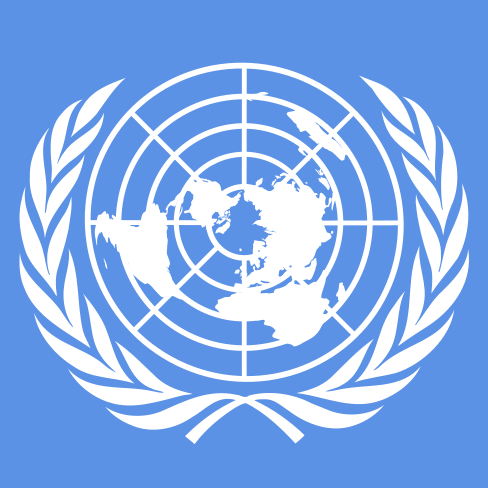
Belgium in the UN Security Council. Reflections on the 2007-2008 membership

In
In 2007 and 2008, Belgium was once again a privileged observer of the international community’s approach to peace and security, serving as non-permanent member at the UN Security Council. Participating in this ‘global core cabinet’ for the fifth time, it would build upon its historical expertise, especially in relation to Central Africa. Yet its role would not be limited to the region of the Great Lakes only: the government aimed to contribute in a substantial way to all major issues, ‘from North Korea to Haiti’, taking the role of ‘bridge builder’. Now that the Belgian delegation has exchanged its blue front row seats for regular red ones again, it seems a good time to look back and forward, assessing its recent performance and putting it into perspective.
This volume contains a variety of essays in light of Belgium’s 2007-2008 membership of the UN Security Council, covering issues that were high on the international agenda in addition to more horizontal ones. Contributions from policy officials and academics give a comprehensive overview of these two years and provide an insight into the limits and opportunities of a smaller EU Member State in global politics.
With contributions by Sven Biscop, Karel De Gucht, Bruno Demeyere, Edith Drieskens, Jan Grauls, Nicolas Hachez, Sander Happaerts, Ria Laenen, Michel Liégeois, Ann Pauwels, Nicoletta Pirozzi, Tom Sauer, Stefan Talmon, Sara Van Hoeymissen, Luk Van Langenhove, Tine Vandervelden, Johan Verbeke, Jan Wouters and Xavier Zeebroek.
Jan Wouters, Edith Drieskens and Sven Biscop (eds.), August 2009.
(Photo credit: Wikimedia Commons)